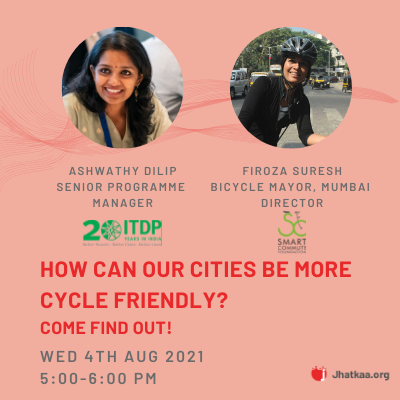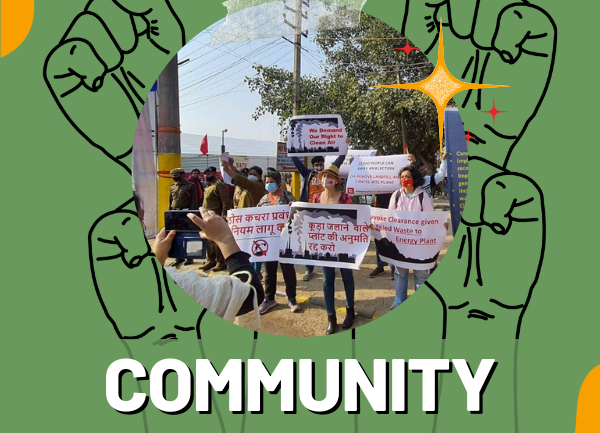Citizen science is the voluntary involvement of the public in scientific research. Citizens can collect data, make records, conduct experiments, and solve problems. This data helps scientists and resources with their research. It can solve real problems by answering real questions.
Some even say that citizen science can be one of the most accurate sciences as it is not funded by anyone and it is devoid of any political influence. Citizen science has already been used multiple times in the court of law as evidence and is a great tool for education.
Citizen science is the practise of involving the general population in scientific research in order to further scientific understanding. Scientists and researchers collaborate with the general public. People share and participate to data monitoring and collection activities through citizen science.Volunteers, amateur scientists, students, and educators who are interested in furthering our understanding of the world can connect and encourage new ideas.
Community-based organisations can produce ideas and seek guidance, leadership, and programme coordination from scientists.
Wildlife-monitoring programmes, internet databases, visualisation and sharing tools, and other community activities are examples of citizen-science projects. Any citizen science project’s success hinges on the development of a well-designed monitoring programme and the commitment of its participants.
Even though the term “citizen science” is new, people have been participating in and contributing to scientific study for many years. The term “Citizen Science” was formed relatively recently for citizens helping out with scientific research.
With increasing usage of internet across the country, programmes for citizen science has been established. This has eased access to participation. Volunteers can easily submit geo-location information on species or situations in real time using phones with built-in GPS sensors. Every day, new networks and communities of citizen scientists are formed to learn more about the world and how we might help to comprehend it.
Citizen Science Forums have been vastly useful in various aspects. Here are some significant case studies of citizen science being used.
Citizen Science has aided in protecting the environment numerous times.
According to M. Yuvan, in his piece on Citizen Science for Vikalp Sangham, he talks about how Citizen Science aided in protecting the 3 projects below:
- Sun Pharma’s plan to grow within Vedanthangal, as well as the Tamil Nadu government’s plan to denotify 60% of the bird sanctuary to allow commercialization. According to the EIA, there are 25 kinds of birds within a 10-kilometer radius of the section of the marsh where the pharmaceutical business proposes to grow. Near-threatened and migratory species were all left out. Ebird data debunked this, revealing records of 191 species, including six near-threatened species and more over 50 migratory species.
- The EIA prepared for the 6111-acre area to be constructed over by Adani Port Limited lists only 32 species of birds in the Pulicat lagoon and bird sanctuary, as well as a drastically overstated diversity of marine animals. Ebird data shows 222 species in the coastal wetland, so it’s come to our rescue once more.
- The work of the Students’ Sea Turtle Conservation Network on nesting Olive Ridley turtles in the area was a vital argument in the case to safeguard the habitat in the Madras High Court’s instruction to the Greater Chennai Corporation to examine a coastal road over the Adyar estuary.
With increasing threats to the environment, documentation by citizen scientists have aided in conservation. The existing citizen science portals are also easy to use and understand. We break down how one can get started and contribute.
How can you get started?
- Chart out the biodiversity in your area and start making a note of them.
- Photograph them and write down their occurrences
- Encourage others in your locality to take engage in citizen science with you
- Check your data for accuracy through peer reviewed methods
Upload the data you have collected on to various citizen science platforms like:
INaturalist platform, Indian Biodiversity Atlas , Ebird observations
You can start off small and explore groups and methods to help you on your citizen science journey. Citizen Science projects have come a long way in aiding the research and scientist community. We invite more participants to grow as a part of the community by contributing to citizen science.
We hope to conduct sessions on this and support you on this journey.


